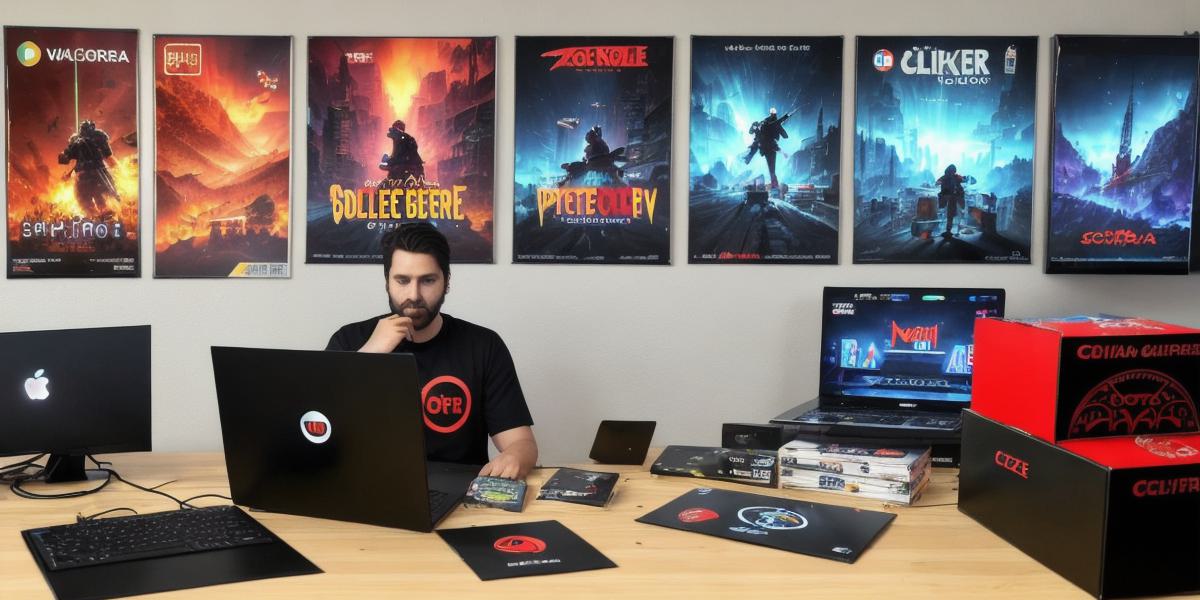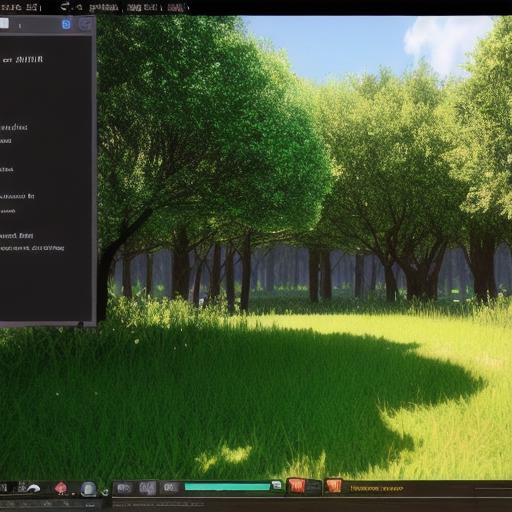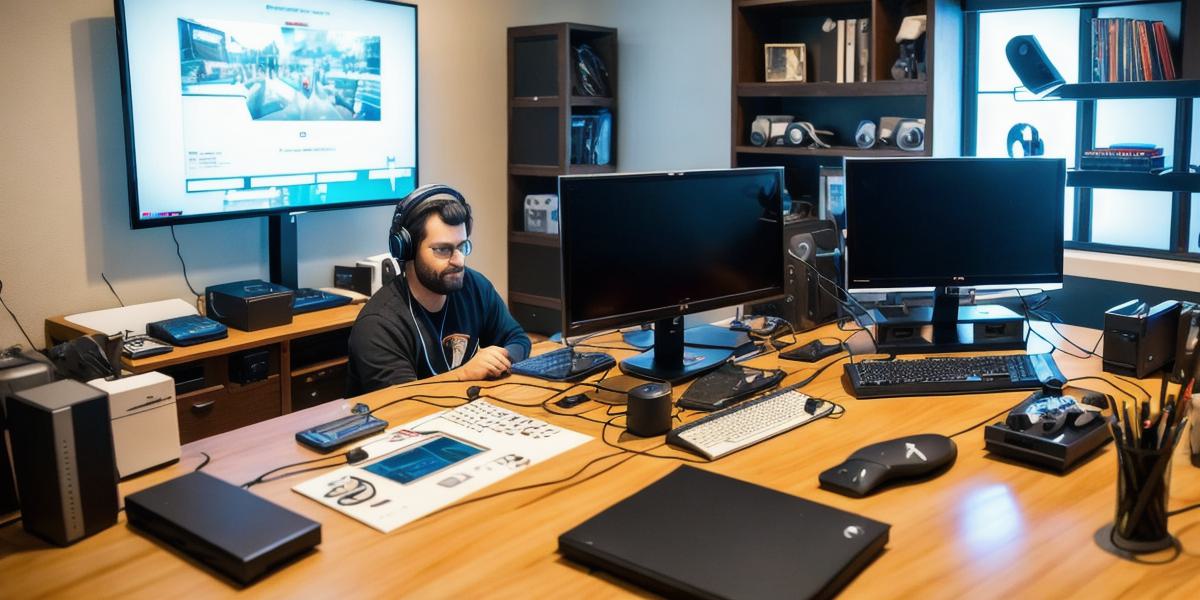Introduction
The world of gaming is vast and diverse, with millions of people around the globe spending countless hours playing video games for entertainment, relaxation, and competition. But have you ever wondered if those who create these immersive experiences also indulge in the thrill of gaming? In this article, we delve into the fascinating topic of whether game developers play their own games, exploring the various reasons why they might or might not choose to do so.
The Importance of Game Development Skills
Before we dive into the question of whether game developers play their own games, it’s essential to understand the importance of having a deep understanding of the games being developed. Developing a game requires a range of skills, including programming, game design, art, and sound. These skills must be honed through years of experience and practice to create an engaging and immersive gaming experience.
To illustrate this point, consider the case of Hideo Kojima, the creator of the Metal Gear Solid series. As a game developer, Kojima has spent over 30 years designing and creating intricate and complex games that have captivated audiences around the world. To create these games, he has had to develop a deep understanding of game mechanics, storytelling, and player psychology.
Without this level of expertise, it would be incredibly challenging for someone to create a successful game. As such, many game developers choose to play games created by other developers as a way to learn and improve their skills.
The Benefits of Playing Other Games
Playing other games can provide numerous benefits for game developers. For one, it allows them to gain a fresh perspective on the latest trends and developments in the gaming industry. By playing the latest releases, they can identify what’s working well and what could be improved, allowing them to incorporate these insights into their own projects.
Additionally, playing other games can also help game developers to better understand their target audience. By experiencing games designed for different platforms and genres, they can gain a deeper understanding of what players enjoy and dislike about various elements of a game. This knowledge can then be used to create more engaging and enjoyable games for their own target audience.
The Drawbacks of Playing Other Games
While playing other games can provide many benefits for game developers, there are also some potential drawbacks to consider. One of the most significant challenges is the risk of becoming too influenced by other people’s work. When a developer becomes overly focused on what others have done, it can be difficult to develop their own unique vision and ideas.
Additionally, playing too many games can also lead to burnout. As with any activity, excessive gaming can be mentally and physically draining, leaving developers feeling uninspired and demotivated. This can be particularly problematic for those who are just starting out in the industry, as they may struggle to find their own unique voice amidst a sea of competition.
The Case for Playing Your Own Games
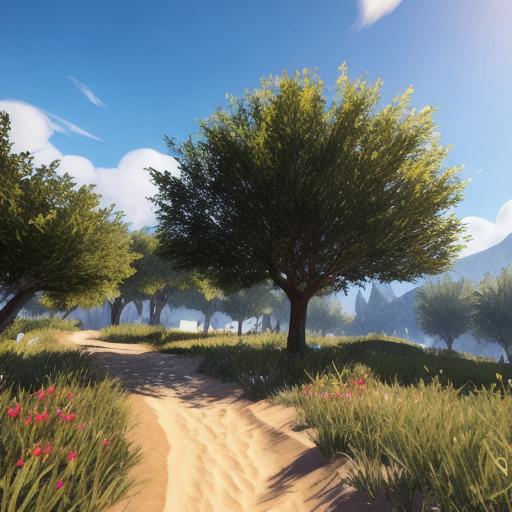
Despite these challenges, there are many reasons why game developers should choose to play their own games. For one, it allows them to better understand the development process and the challenges that come with creating a game from scratch. By playing their own games, they can gain valuable insights into what works well and what doesn’t, allowing them to improve their own skills and refine their approach to game development.
Additionally, playing your own games can also be incredibly rewarding on a personal level. When you create a game that you love and are proud of, it can provide immense satisfaction and fulfillment. It’s a testament to the hard work, creativity, and dedication that went into bringing your vision to life.
The Case Against Playing Your Own Games
On the other hand, there are also some valid reasons why game developers might choose not to play their own games. For one, it can be challenging to remain impartial when evaluating your own work. As the creator of a game, you have a personal stake in its success, which can make it difficult to objectively assess its strengths and weaknesses.
Additionally, playing your own games can also be emotionally draining. When you’re responsible for creating an entire world and all of its inhabitants, it can be challenging not to become deeply invested in the game and its characters. This can make it difficult to separate yourself from the game and objectively evaluate its performance.
Case Studies: Game Developers Who Play Their Own Games
To illustrate the various reasons why game developers might choose to play their own games, let’s take a look at some real-life examples of developers who have created and played their own games.
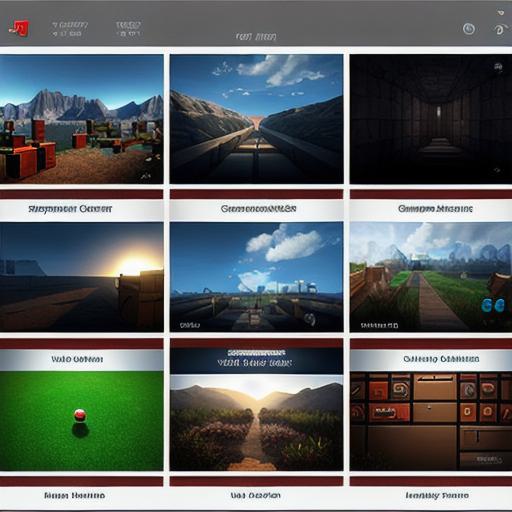
John Carmack – Founder of id Software and creator of the Doom series
John Carmack is a classic example of a game developer who has chosen to play his own games. As the founder of id Software, he has spent over 30 years creating some of the most iconic games in the industry, including Wolfenstein and the Doom series. To create these games, Carmack had to develop a deep understanding of game mechanics, graphics, and programming.
As an avid gamer himself, Carmack has always been passionate about playing games. In fact, he’s known for being an incredibly competitive person, often challenging his friends to play games with him and beating them hands down. However, he’s also keenly aware of the importance of learning from other people’s work.
"You can learn so much by playing other people’s games," Carmack has said. "It’s important to stay up to date with what’s happening in the industry and see how others are tackling problems and creating engaging experiences."
Markus Persson – Creator of Minecraft
Markus Persson, also known as Jeb, is another example of a game developer who has chosen to play his own games. As the creator of Minecraft, one of the most popular and successful games of all time, Persson has spent years honing his skills and developing his unique vision for gaming.
Despite being incredibly successful, Persson remains an avid gamer himself. In fact, he’s known for playing games with his friends and family on a regular basis, often challenging them to play games together. However, he also recognizes the importance of stepping back and evaluating his own work objectively.
"It’s important to take a step back and evaluate your own work," Persson has said. "When you’re working on something you’ve created, it can be easy to become too invested in it and lose perspective. Playing other people’s games can help you gain a fresh perspective and identify areas for improvement."
Case Studies: Game Developers Who Don’t Play Their Own Games
Now that we’ve looked at some examples of game developers who have chosen to play their own games, let’s take a look at some real-life examples of developers who have chosen not to play their own games.
Bungie – Creator of Destiny and Halo series
Bungie is a great example of a game developer who has chosen not to play their own games. As the creator of the hugely successful Destiny and Halo series, Bungie has spent years developing their unique vision for gaming, focusing on creating immersive worlds and engaging multiplayer experiences.
Despite being incredibly successful, Bungie has never been particularly interested in playing their own games. Instead, they prefer to focus on what’s happening in the industry and see how others are tackling problems and creating engaging experiences.
"We’re more interested in what’s happening in the industry than we are in playing our own games," a Bungie spokesperson has said. "There’s so much incredible talent out there, and we love to see what new and innovative things people are doing."
Epic Games – Creator of Fortnite
Another example of a game developer who has chosen not to play their own games is Epic Games, the creators of Fortnite. As one of the most successful and popular games in the world, Fortnite has been incredibly successful for Epic Games, bringing in millions of players every day.
Despite being incredibly successful, Epic Games has never been particularly interested in playing their own games. Instead, they prefer to focus on what’s happening in the industry and see how others are tackling problems and creating engaging experiences.
"We’re more interested in what’s happening in the industry than we are in playing our own games," an Epic Games spokesperson has said. "There’s so much incredible talent out there, and we love to see what new and innovative things people are doing."
Conclusion
In conclusion, game developers have a range of reasons for choosing to play or not play their own games. While playing your own games can provide immense satisfaction and fulfillment, it can also be emotionally draining and challenging to remain impartial. On the other hand, not playing your own games can allow you to stay up to date with what’s happening in the industry and see how others are tackling problems and creating engaging experiences. Ultimately, the decision of whether or not to play your own games is a personal one, and depends on each individual’s goals, skills, and interests.
